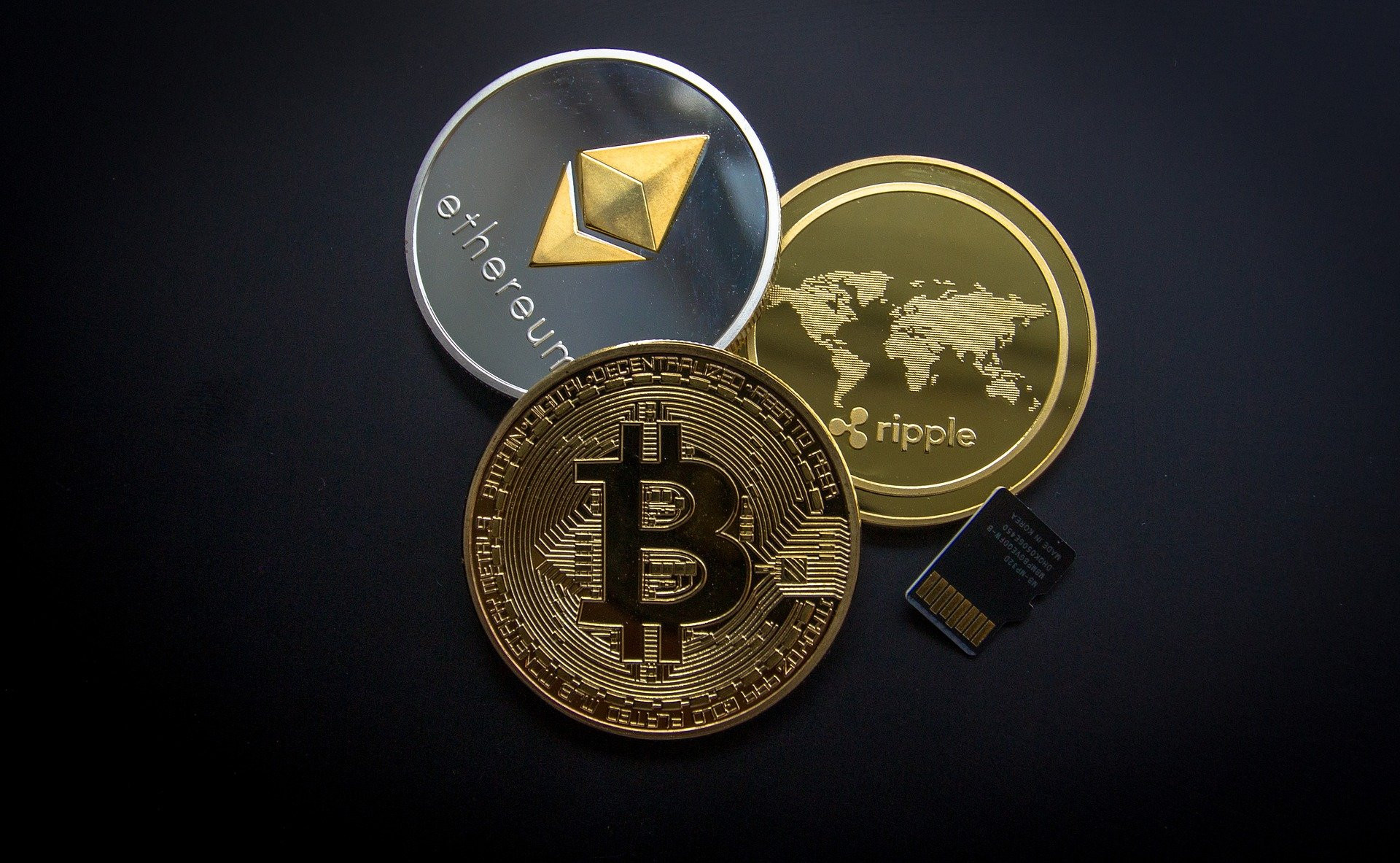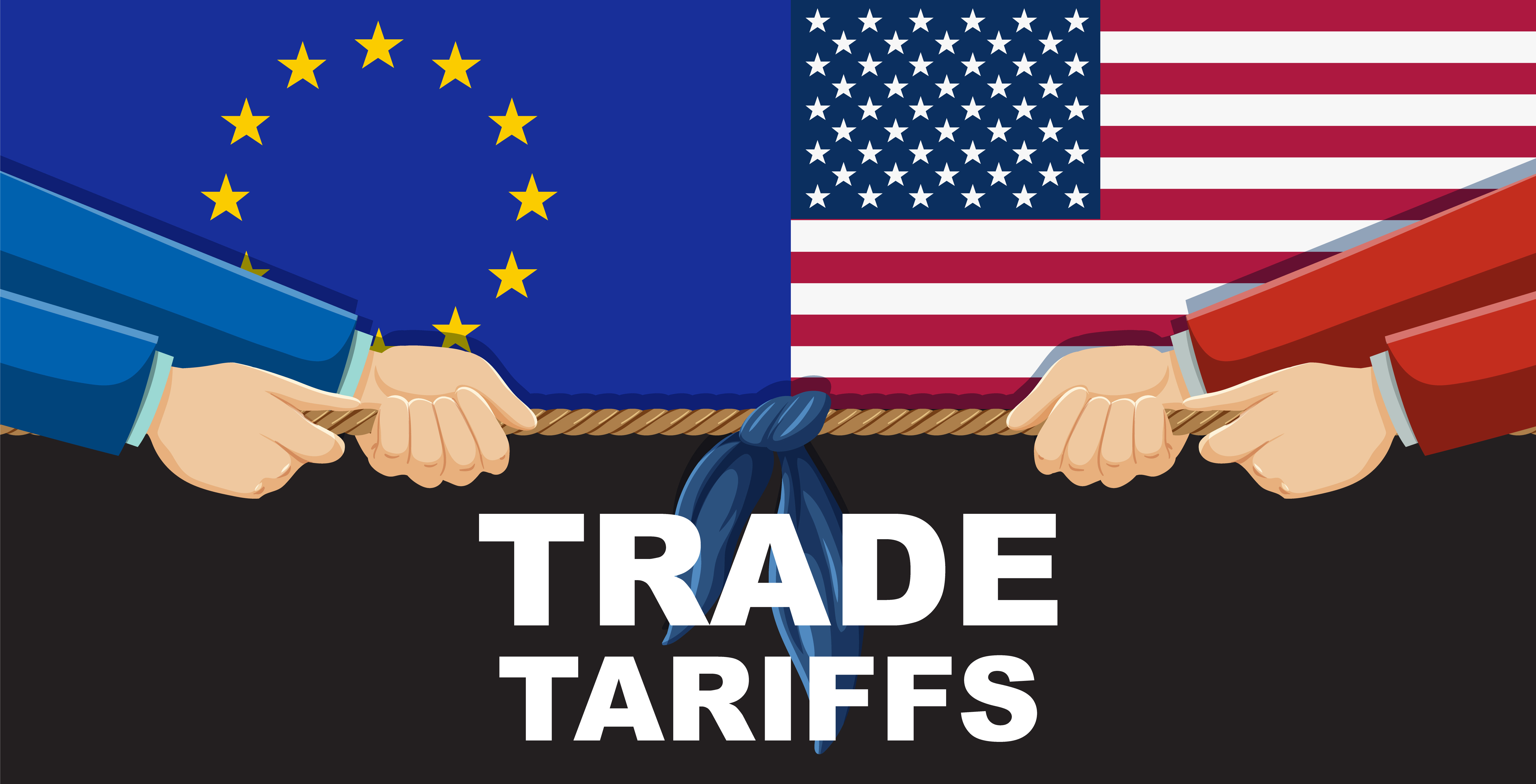
Digital Currencies vs Crypto Currencies
Image by WorldSpectrum from Pixabay
Well, well, well…there is no hyper-inflation in the US, is there?
This has been the talking point in global financial markets for the past several months – whether there will be soaring inflation after the pandemic recession ends and should that happen, how (not if) the Fed would taper its accommodative monetary policy and raise interest rates by 2023.
Too many people have been presumptuous. And wrong.
Those who were sure “hyper-inflation” was coming talked as if it was a done deal that interest rates will go up sooner rather than later. It was going to be “the end of bonds” as well as another big crash in the stock markets.
In this blog, we have long argued against that. I had thought that the Fed’s position, that the rise in prices in the months since April 2021, would be transitory, was a reasonable thesis. There was no reason to doubt the Fed. If the US economy has not had hyper inflation (defined at least as double digit inflation) for three decades since Paul Volcker’s chairmanship of the Fed in the early 1980’s, it would not recur so soon after the worst pandemic recession to hit the world in a century. But no, those who loved to propagate stories of the end of global monetary systems or fiat currencies, gold price going to the moon, and bitcoin soaring to a million dollars, all jumped on the inflation band wagon, and completely hyped it out of context with the data.
Data released on Tuesday showed headline US consumer prices rose 5.3 per cent in the year to August, a slight moderation from the 5.4 per cent rate of inflation recorded in July. Rip-roaring inflation? Heck, it’s 5 percent and slowing. So, nah.
US government bonds rose sharply while bank shares in major stock markets weakened on Tuesday, as this picture of moderating US inflation made investors cosy of the view that the Federal Reserve would have plenty of runway to rein in the stimulus to end unemployment. The yield on the benchmark 10-year Treasury note dropped 0.05 percent to 1.28 per cent, the lowest level in a few weeks. The end of bonds? Nada.
What we are really seeing is inflation plateauing. There is no urgency for the Fed to tighten policy. Especially not when unemployment data show that the Delta variant is still taking a toll on jobs and the economy.
A Bank of America survey of 258 asset managers indicated that 13 per cent continue to expect global economic growth to go up, but this is the lowest level since the start of the recession in 2020. Nevertheless, 50 percent of the respondents continue to believe stocks can go higher. So do I.
In short, the recent jobs and inflation data tell a consistent story. The inflation narrative is premature, and the economy is still being weakened by the coronavirus. We are not likely to get a rise in interest rates any time soon.
The story coming out of China is continuing to indicate how the CCP wishes to rewrite what capitalism means in their country. They are not telling us what they want global capitalism to look like; they just want to define what Chinese capitalism must be like.
We have covered that in some detail in our last couple of weekly commentaries. Capitalism with Chinese characteristics is not a reversion to Maoist economic policies of state ownership of everything. Or that people are not allowed to get rich. The simple fact that President Xi himself is promoting the Third Stock Exchange in Beijing says it all. They continue to look to capitalist ways to grow the economy, especially in technology and other innovative services. People will get rich through that new stock exchange.
Neither did they say it’s no longer glorious to get rich. They are basically just telling the billionaires that when they do get rich, there should be some limit to how much they should accumulate for themselves and why they should use excess wealth to help their fellow countrymen who are still desperately poor. Given the vast wealth inequality in China, this is a reasonable request – it’s glorious to get rich and then charitable.
The CCP’s actions to keep other exploitative activities in the economy is also not unreasonable. For tech companies to use their monopoly on customer data to manipulate a vast population to use their products and services is something that Western countries are also interested to do, but China’s government has the guts to take action rather than just talk endlessly about it.
For the education companies that have exploited the poor folks who are made to pay for after school tuition because the teachers hold back valuable material in official school hours to later dispense that to students via higher paying tuition is vile and corrupt, and that needs to be whacked. The education companies deserve what they got.
And finally, for the tough restrictions on online gaming, most people in the world wished somebody will do it for them, like the CCP have done in China, rather than try to exercise futile control over kids within their own families. Besides, the control is on the online games of the interactive kind, not video games like Playstation per se. Kids continue to have plenty of scope to fry their brains.
Obviously, none of the Chinese companies are going to fight the CCP over these new restrictions. They will be very quick to adapt to the new environment. You can bet on that.
On the tech front, the two Chinese behemoths, Tencent and Alibaba, have pledged to open up their apps to competitors. This is big news with far reaching impact on the Chinese and probably global financial systems.
For the past eight years, Tencent and Alibaba have created two powerful enclaves in the Chinese internet payment system. Two rival camps no less, and if the government is counted as a third interest group, we have the Romance of the Three Kingdoms played out in Chinese finance. As history goes, all three will one day come together as one.
Since Wepay and Alipay did not share operating systems, most Chinese citizens would use both. The fact that these were two giants did not provide clients with the convenience of interoperability, did not deter customers from using them (unlike in the Betamax vs VCS competition). Both grew into empires. And that growth was spectacular, and the Chinese payments market ended up being the most efficient in the entire world. This is no hype. In China, cash has become extinct and very soon, credit cards will as well. It is way ahead of the rest of the world. Way ahead…especially of countries like El Salvador which fumbled the launch of bitcoin as their currency last week.
Last week, the Ministry of Industry and Information Technology (MIIT) summoned both companies to a meeting, at the end of which both said they will allow competitors to access their “walled gardens”.
“We resolutely support the decision of the Ministry of Industry and Information Technology and [will] implement it in phases,” said Tencent. Alibaba said essentially the same thing and will end the widespread practice of blocking consumers from accessing links to other web services within their apps. I mean, what else would you expect these fellas to say?
Under this kind of regulatory pressure, these Big Tech companies have started to collaborate. And obviously to stay in the good graces of the regulators, they are likely to boost efforts to become more compliant. The companies don’t have any means to fight against the regulators, according to a technology Beijing based think-tank, given that everyone knows that the crackdown comes from the highest levels of the CCP. Essentially, this means that the new rules will be adopted with alacrity. And the compliance process will be quickly implemented.
Nobody will soon be able to make monopolistic profits from mobile payments. The increased competition will obviously mean lower profit margins and business will be captured by other start-ups. And it will end the duopoly of the two financial empires.
There will also be another unintended consequence of this levelling of the duopoly led by Tencent and Alibaba/Ant.
As the Chinese government launches its own digital currency, the payments systems of the tech giants may soon get integrated into a single Chinese financial system. It is hard to imagine any other alternative. Wepay and Alipay cannot bypass the Chinese banking system as all users need to first own a bank account, but the Digital Yuan can, as it is issued directly by PBOC, the central bank. Obviously, the CCP will not allow a system where one type of payments systems uses banks and another does not. These platforms will all be integrated in the future. The elimination of barriers to entry to the Wepay and Alipay systems has just been enacted. I think we are witnessing the development of a nation-wide digital payments system when the official digital currency goes into full circulation, and in good time, also used on the existing and highly efficient Wepay and Alipay platforms, and integrated into the banking system.
Jack Ma may have been right that Chinese banks are behaving like pawnshops. But when the CCP acts to correct that anomaly, it will bulldoze him out of the way, because Ant benefitted unfairly by being exempted from the stiff reserve requirements that the pawnshop-banks faced and he shot his mouth by not recognizing that simple fact. In bringing the entire system to a better place, his baby, Ant, is being broken up and integrated into the rest of the enhanced financial platform.
It will be interesting to see how this new Chinese financial system will ultimately shape up. What they are doing is what the crypto currency world hopes to do – use the internet to develop a global payments systems as well – with no success to date. But the crypto folks are trying to do it without government participation, or even regulation. That is fool-hardy. When a crisis happens, as it surely will, people will run to government for salvation, as they have always done in human history. For the crypto industry to so defiantly eschew government sponsorship, they will be seeking head-to-head competition with a RMB based system that starts in China, and which will inevitably roll out across the world. Not because China wants to dominate the world, but efficiency motivates usage. Global usage.
Crypto has lost the first round, because it is now banned in China and is persona non-grata in the biggest integration of digital payment systems in the history of the world.
At this time, the Chinese payment systems is evolving to marry the government digital money and the private sector payments platforms. They only use the RMB. The CCP is uniting all the factions in the game. On the crypto side, all players are working to segregate fiat from digital, government from private sector. That is a tragic mistake.
When one day, the US Dollar is also transacted on the Chinese platform, what do you think will happen to the reserve currency status of the US Dollar? Or the need for crypto currencies?
Wai Cheong
Investment Committee
The writer has been in financial services for more than forty years. He graduated with First Class Honours in Economics and Statistics, winning a prize in 1976 for being top student for the whole university in his year. He also holds an MBA with Honors from the University of Chicago. He is a Chartered Financial Analyst.
